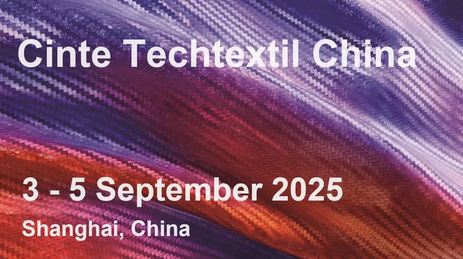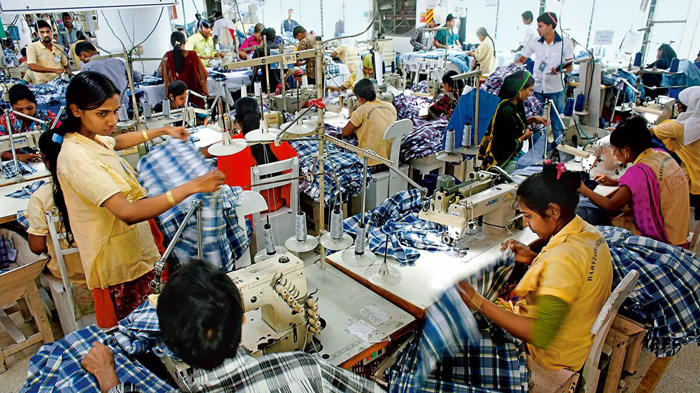Consumers expect companies to source and produce goods ethically and sustainably. Everyone is familiar with certain aspects of supply chain sustainability and ethical production programs. These include maintaining air and water quality, reducing water use, using land and other natural resources responsibly, and producing and releasing less toxic waste. But there are other important factors to consider, too, such as human rights abuses and child labor in the supply chain.
While brand risk remains a significant threat for companies that don’t have full visibility into their supply chains, regulatory risk carries the potential for huge fines. In addition, regulatory risk can quickly morph into reputational risk, compounding an already serious problem as headlines about seizures and violations kill stock prices, scare off consumers and create pressure for a change in company leadership.
The ability to quickly trace a product to its source via an automated supply chain execution system is necessary in these circumstances. Companies that implement a consolidated global trade management solution that connects the trading partner community with product data and retailers’ purchase orders can achieve better results. A software solution for global sourcing and supply chain collaboration can help brands get visibility into key aspects of their sourcing and production operations.
Brands need to examine supply chains carefully
- 1
- 2
- 3
- 4
- 5
- 6
- 7
- 8
- 9
- 10
Cinte Techtextil China 2025: Expanding horizons in technical textiles
Expanding opportunities with new product zones Cinte Techtextil China 2025 will return to the Shanghai New International Expo Centre from September... Read more
Shantou's Digital Transformation: Weaving a new future for China's textile indus…
Once known primarily for its traditional textile manufacturing, Shantou is rapidly becoming a shining example of digital transformation in China's... Read more
Are India-Bangladesh textile ties unraveling amidst unrest?
As political tensions simmer between India and Bangladesh, the intricate textile trade relationship between the two South Asian neighbors hangs... Read more
Cotton Industry in Crisis: Rising imports and policy gaps strain Pakistan's text…
Pakistan's cotton industry is at a critical juncture as a confluence of factors, including surging imports, policy inconsistencies, and a... Read more
The Widening Chasm: High-end vs affordable luxury in a changing market
While the desire for exclusivity and craftsmanship remains strong among luxury buyers, there is a clear bifurcation between high-end and... Read more
Italy and India: Weaving a future together in fashion, apparel, and textiles
Italy, renowned for its exquisite fashion, design, and textile machinery, is setting its sights on India, a land rich in... Read more
Wrap-Up 2024 Home Textiles: A year of transformation for the global home textile…
The global home textile market in 2024 was marked by changing consumer preferences, supply chain disruptions, and a growing emphasis... Read more
Wrap-up 2024 Fashion's Forward March: Five strategic shifts reshaping the indust…
The global fashion industry is changing constantly, pushed forward by evolving consumer demands, technological advancements, and socio-economic pressures. To stay... Read more
CITI urges India to reform cotton and textile policies for sector competitivenes…
India’s textile industry, a key contributor to the national economy, is facing significant challenges, particularly with rising raw material costs,... Read more
Wrap-Up Report 2024: The global denim fabric sector in all about transformation …
The global denim fabric sector was marked by both challenges and opportunities in 2024. While the industry grappled with economic... Read more












